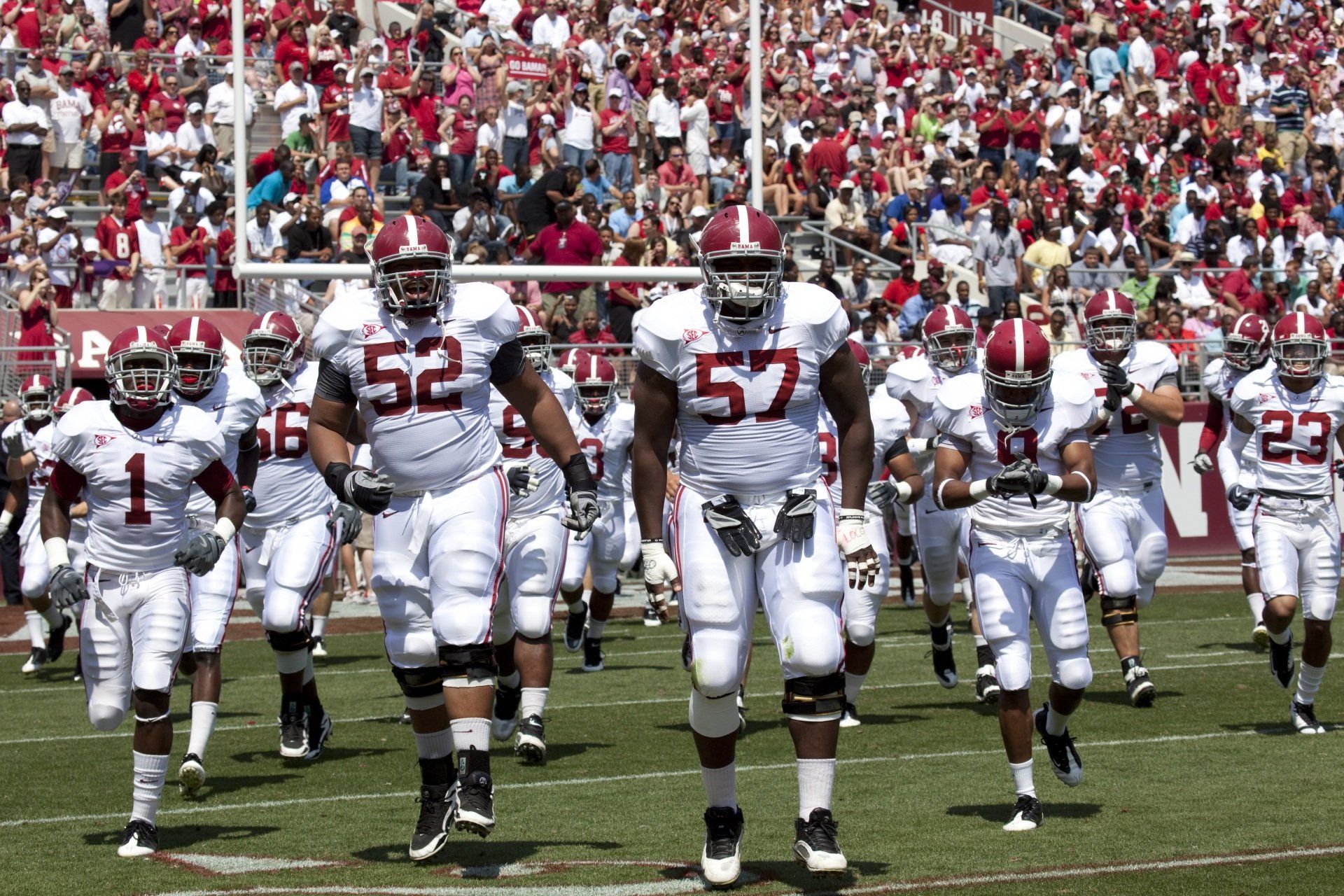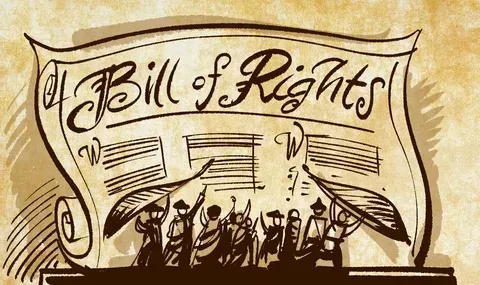Navigating NIL: Understanding Name, Image, and Likeness Deals for Amateur Athletes

In recent years, the landscape of collegiate sports has undergone a significant transformation with the introduction of Name, Image, and Likeness (NIL) rights for amateur athletes. These rights allow college athletes to profit from their own name, image, and likeness through endorsement deals, sponsorships, and other commercial opportunities. This shift has sparked debates about fairness, amateurism, and the future of college sports. In this blog post, we will explore the concept of NIL deals, their implications for amateur athletes, and the challenges and opportunities they present.
Amateurism has long been a cornerstone of college sports, with athletes prohibited from earning money or benefiting financially from their athletic abilities. However, the push for NIL rights gained momentum as athletes and advocates argued for fair compensation and the ability to capitalize on their own marketability. This led to changes in NCAA policies and state legislation that paved the way for amateur athletes to engage in NIL deals.
NIL deals refer to the commercial agreements between amateur athletes and third parties, such as brands, businesses, or marketing agencies, that allow athletes to monetize their name, image, and likeness. These deals can include endorsement contracts, social media promotions, merchandise collaborations, and more. NIL deals empower athletes to leverage their personal brands and profit from their athletic achievements while still maintaining their collegiate eligibility.
NIL deals offer numerous benefits for amateur athletes. Firstly, they provide a means for athletes to earn income and gain financial independence while pursuing their education and athletic careers. This financial support can help cover living expenses, tuition fees, and other financial burdens. Additionally, NIL deals can enhance an athlete's personal brand, increase their visibility and fan engagement, and provide valuable networking opportunities within the business and marketing world.
While NIL deals bring new opportunities, they also come with a set of regulations that athletes must navigate to maintain compliance. Each state may have its own specific rules and guidelines, and athletes must ensure that their agreements align with both state and NCAA regulations. It is crucial for athletes to understand the limitations and restrictions on certain types of endorsements or partnerships to avoid any potential eligibility issues.
To assist amateur athletes in navigating the complexities of NIL deals, many universities and organizations have established educational resources and support systems. These resources aim to provide athletes with guidance on contract negotiations, financial management, brand building, and legal considerations. By empowering athletes with knowledge and support, these initiatives contribute to their long-term success both on and off the field.
While NIL deals offer significant opportunities, they also present challenges and considerations. Athletes must carefully evaluate potential partnerships to ensure alignment with their personal values, brand image, and long-term goals. They must also be mindful of the time commitments and potential distractions that come with managing endorsement obligations alongside their academic and athletic responsibilities.
The introduction of NIL rights has undoubtedly transformed the collegiate sports landscape. It has led to discussions about the future of amateurism, athlete compensation, and the power dynamics within college athletics. As more athletes engage in NIL deals, the balance between the rights of athletes and the integrity of college sports continues to evolve, prompting ongoing debates and potential reforms.
NIL deals also present opportunities for athletes to develop essential skills in entrepreneurship, marketing, and personal branding. By actively participating in managing their own endorsements and partnerships, athletes can gain valuable experience and insights into the business world. This hands-on involvement in shaping their own careers can lead to valuable entrepreneurial opportunities beyond their athletic endeavors. It empowers athletes to build their personal brands, establish connections with industry professionals, and explore potential career paths in marketing, sports management, or brand representation.
As NIL deals continue to evolve, there are important considerations for the future. The impact on recruiting and competitive balance in college sports is a key area of concern. The potential for inequities to arise between high-profile athletes and those in less visible sports or smaller programs is also a point of discussion. Striking a balance between providing opportunities for all athletes and avoiding a professionalization of college sports remains a challenge that requires ongoing attention and dialogue.
The introduction of NIL rights has ushered in a new era for amateur athletes, offering them the opportunity to capitalize on their name, image, and likeness. NIL deals provide financial support, personal brand development, and entrepreneurial prospects. However, athletes must navigate compliance regulations, make informed decisions, and balance their commitments. As the landscape of collegiate sports continues to evolve, it is crucial to monitor the impact of NIL deals on the athletes, the institutions, and the overall integrity of college athletics.
In conclusion, NIL deals represent a significant shift in the landscape of collegiate sports, empowering amateur athletes to monetize their name, image, and likeness. While challenges and considerations exist, the potential benefits in terms of financial support, personal branding, and entrepreneurial opportunities are undeniable. As the conversation around NIL continues to unfold, it is essential to strike a balance that preserves the collegiate sports experience, ensures fairness and equality, and supports the long-term success and well-being of amateur athletes.
More News & Resources











